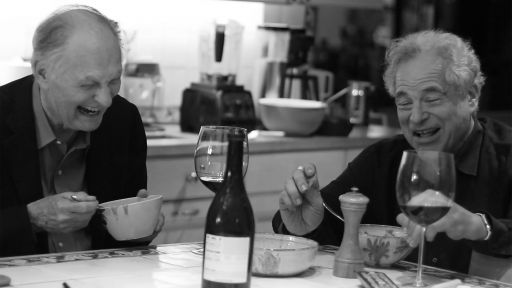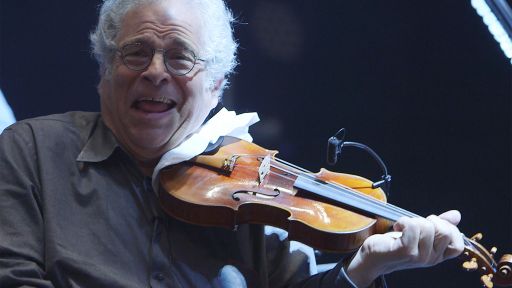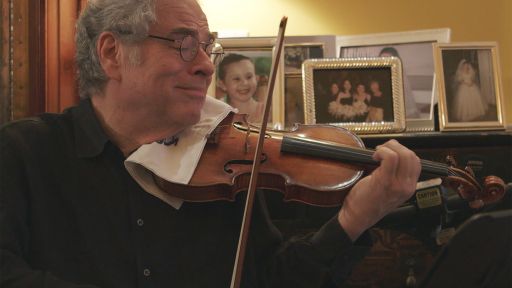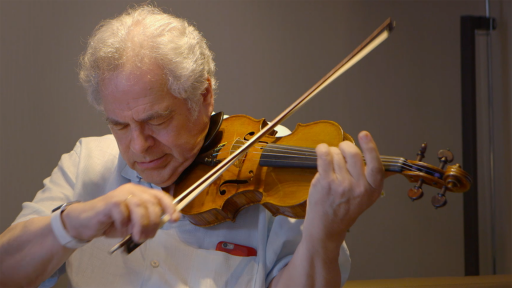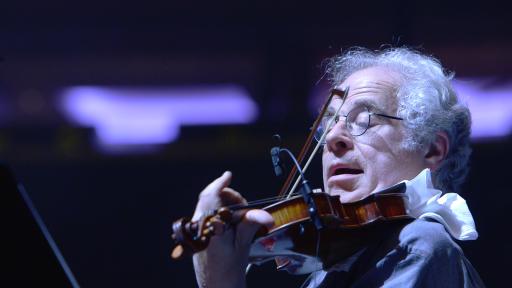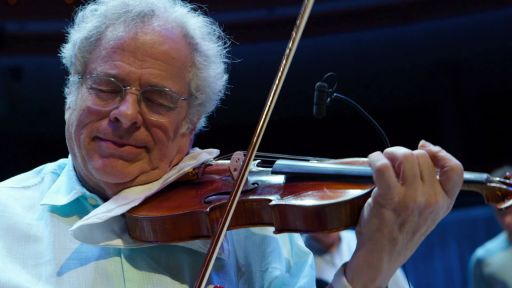In this excerpt from American Masters — Jascha Heifetz: God’s Fiddler (2015), Itzhak Perlman reminisces about his first encounter as a teenager with the world-famous violinist Jascha Heifetz. Perlman was a violin student at Juilliard and Heifetz visited to hear the 14-year-old play. After performing Symphonie Espagnole by Lalo, Perlman and his teacher Ivan Galamian thought Heifetz had heard enough. Instead, Heifetz asked Perlman to play scales for him — one of the most rudimentary exercises in training to be a musician.
“Heifetz was a great stickler for scales and exercises. He felt that scales were an indicator of what kind of solid base you had when you are playing,” says Perlman.

